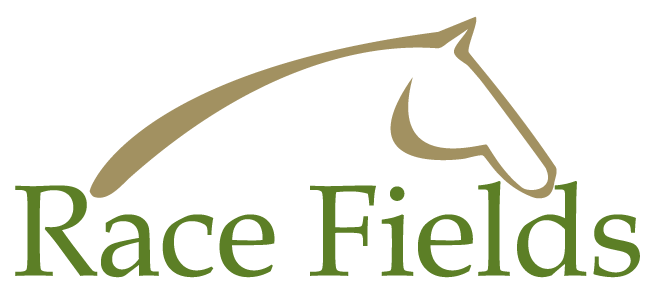Racing Victoria has significantly increased the fees it will charge wagering companies to use the state's thoroughbred race fields next financial year.
RV used a turnover model of 1.5 per cent for standard meetings and two per cent for premium meetings for the past two years but the board resolved to introduce a three-tiered system of charging betting agencies from July 1.
The new fee structure is for an initial 12-month period before a review of the numbers to determine whether changes are required in 2015.
The TAB will pay up to 2.5 per cent of turnover to bet on a series of 10 Premium Group One meetings next season while corporate bookmakers will pay either three per cent of turnover or 30 per cent of gross revenue, whichever is greater.
The Premium Group One meetings include the Caulfield Cup, Cox Plate and the four days of the Melbourne Cup carnival.
"Because of the international standing of these premium meetings, it's more than fair to charge a premium amount," RV chief executive Bernard Saundry said.
Saundry said the increasing popularity of fixed odds betting created the need to review the Victorian race fields structure.
He refused to divulge the expected windfall from the higher charges but said RV had closed the loophole that allowed betting agencies to offset their losses against their race fields obligations.
"Previously, losses were allowed to be carried forward but no longer will that be the case," he said.
RV's strategy manager Andrew Catterall said corporate bookmakers would still have "plenty of margin" after the introduction of the new fee structure.
But Sportsbet chief executive Cormac Barry rejected RV's stance, arguing the changes would force punters to look to other sports to find value.
"Wagering operators, as rational commercial entities, will be encouraged to direct investment away from Victorian racing and into other racing codes or sports which have less punitive product fees," Barry said.
"We understand that RVL faces pressure to sustain revenues, but punishing the wagering operators who contribute so much in marketing and product fees seems an unlikely way of ensuring the next generation of punters will be betting on racing."
 InglisDigitalAUS
InglisDigitalAUS InglisDigitalUSA
InglisDigitalUSA







